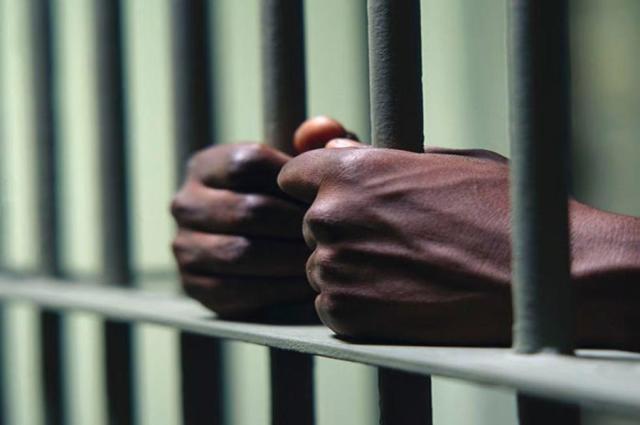A new research has found that deadly heat is threatening the lives of America’s ageing incarcerated population, who are trapped in increasingly hot and humid conditions as the climate emergency escalates.
According to findings of the research, almost 45% of detention facilities on the US mainland suffered a rise in hazardous heat days between 1982 and 2020, with the south most severely affected. People incarcerated in state-run facilities in Texas and Florida are the most exposed to dangerous conditions.
Hazardous heat refers to the number of days a year when the indoor maximum wet bulb globe temperature exceeds 28C (82F) – the safe humid-heat threshold set by the US National Institute for Occupational Safety and Health (Niosh) for acclimated populations under moderate workload.
According to the study published in Nature Sustainability, In facilities where detainees were exposed to at least one hazardous day a year, the average (mean) number of hot-humid days jumped from 77 to 100 a year in four decades.
“When temperatures rise, prisoners are sitting ducks, utterly powerless to protect themselves from lethal levels of heat and humidity. Building a prison without climate control is like building a prison without fire exits – it’s an invitation to disaster,” said David C Fathi, director of the National Prison Project at the American Civil Liberties Union (ACLU).
Read also: UN says financial toll of climate crisis hitting women harder
The current threat to the incarcerated population risk is probably even greater than the analysis suggests given that the past three summers have been among the hottest on record.
America’s incarcerated population is at high risk of heat-related morbidity and mortality due to their physical confinement, age, high rates of chronic physical and mental illness and a general lack of concern about their welfare by lawmakers – and society at large.
Researchers also found that detention facilities – jails, prisons, work camps and migrant detention centers – are often built in the least hospitable places, where there is little cooling vegetation and communities have limited political power to resist. In addition, concrete structures trap heat, making them harder to cool including at night when the body cannot recuperate until the temperature drops to 80F.
Carlee Purdum, assistant director of the Hazard Reduction & Recovery Center at Texas A&M, said: “Prisons are more vulnerable to extreme temperatures than other types of infrastructure … incarcerated people are experiencing severe heat-related illness and have higher rates of chronic health problems and diminished access to healthcare resources.”
Story was adapted from the Guardian.
